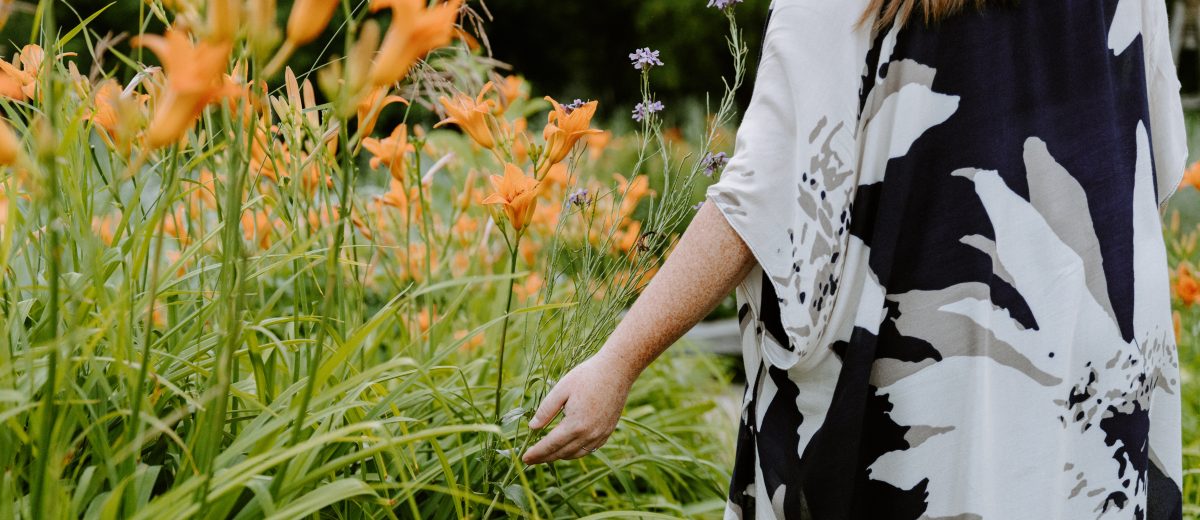Arnheim’s Principles of Athletic Training list communication, stamina, empathy, sense of humour, intellectual curiosity, and ethics as the qualities necessary for an AT. What isn’t listed? The ability to self-motivate after a 14-16hr work day. All the multi-tasking. Being an educator, first-responder, student, personal trainer, counsellor, life coach, strength coach, nutrition advisor, substitute mother, and clinician all in the same day (sometimes all in the same hour). Self-promotion (most graduates are not walking into a job), and an excellent time manager (which includes keeping yourself sane).
As a intern, almost graduate, and someone who is attempting to set up their own business in a niche market that has been, for the most part, untouched by athletic therapy thus far.. these are all skills I’m developing on the fly. It’s not uncommon for me to hear from the clinicians I work under things like “you know what you don’t get taught in class..”, followed by any number of skills such as dealing with difficult patients, or insurance companies, or technicalities of charting or running a clinic. The skills and qualities I listed above often are seen as a given requirement, or a make it or break it set of abilities for young students or therapists. Many find that by the 3rd or 4th year of their studies, they aren’t cut out for the demands of this profession. Like any career, the ones who take a vested interest in personal development for the sake of their profession are usually the ones who thrive… and have fun while doing it.
In the clinic, working my way through the internship hours, I’ve found many things that are not even touched during lecture time. Including the silliest of things like getting cervical hot packs into the corresponding insulators, not getting adhesive IFC/TENS pads stuck to yourself while trying to apply to a patient, and not getting ultrasound gel everywhere. In the field, what they don’t teach you is that real live injuries don’t present themselves like the ones in your exam do (that goes for clinic too, actually), not every coach or parent will be convinced by your education, knowing how to interact with teenage athletes, the glamour of glove sweat, knowing how to layer appropriately so you will stay warm and be able to assess, tape, and stabilize too, and no matter how much you tell yourself you won’t lose your penlight.. you will always lose your penlight somewhere in the depths of your fanny pack.
All those things and more are things you learn when you step out into interning at various placements. You pick up little things here and there from the different therapists you work with (and all you upcoming students out there.. work with as many as you can!), and the different teams and events you frequent. You’ll learn that when you’re covering different events the sense the moment when athletes realize who you are and why you’re there (its usually signalled by the sudden onset of EVERYONE wanting ice, tape, a bandaid, or an ache assessed- most common with ages 17 and under). You’ll also learn how to manage burn out (in both yourself and your patients/athletes- often simultaneously), eating a half way balanced diet between time commitments, and how to carry a med bag, crutches, a coffee, and sometimes a table all in one trip.
When it comes to setting up your own image and stepping out into uncharted waters.. everything is fair game. Picking the brains of your mentors is the closest thing to a text book. Even then, figuring out what works and what doesn’t when it comes to getting your brand out there is touch and go. When you’re already promoting and part of a newish aspect of the health care system, working your way into a sport that is just beginning to integrate the skills you bring adds an extra challenge. What I’ve learned so far is that word of mouth is the best marketing. One happy client leads to another. Knowing how to promote yourself online, and present yourself in person are key. Even more important is knowing how to sound like you know what you’re talking about even when you feel like your brain has melted. These things go for any young professional in any business. I see so many people around my age out there rocking their own ideas and making things happen for themselves, and I see just as many stuck doing other things. Kudos to all those out there doing what they do and loving it. Even with all the unknowns, learning curves, and long days.. I wouldn’t change it for the world!


